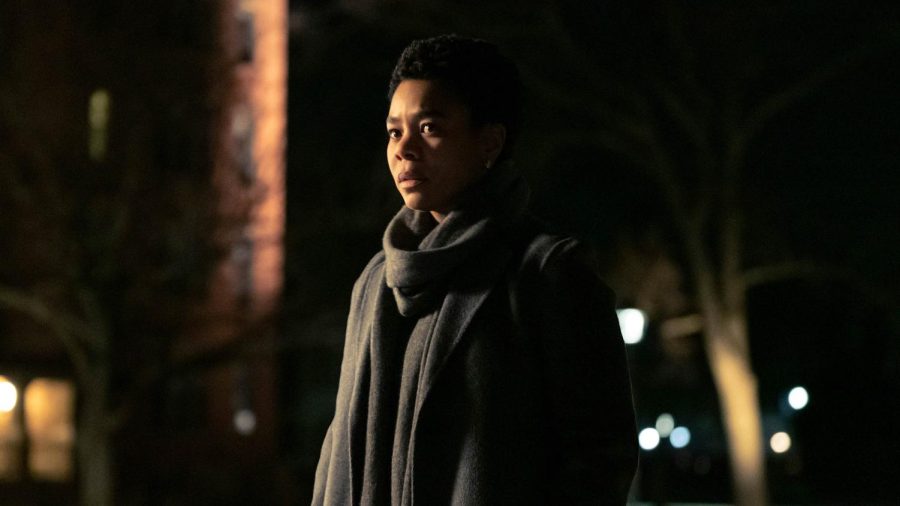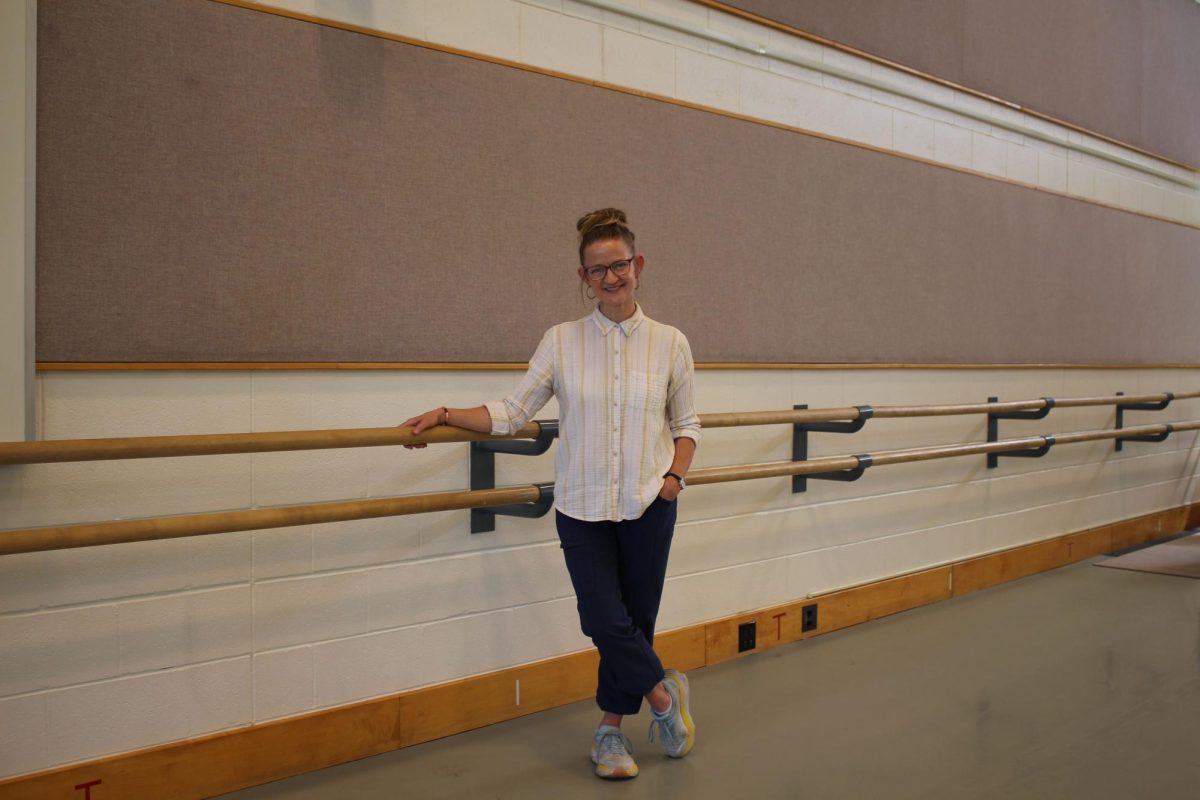Sundance: ‘Master’ Premiere Demonstrates the Pitfalls of Elevated Horror
January 22, 2022
“Master,” the feature-length film debut of director and writer Mariama Diallo, has what every distinguished horror movie seems to have nowadays — a sickly pale color correction, trembling discordant score, flickering lights, baby’s first version of avant-garde dream sequences, empty corridors and unanswered questions. So many unanswered questions.
Diallo has crafted a chilly, slow burn of a horror movie that eschews jump scares for a creeping sense of unease, and piles on detail after detail that may not mean anything. They appear on screen, without subtlety, demanding their own importance and pointing toward the broader concerns of Diallo and the movie — racism in academia. Everything is in service of the central metaphor.
Horror Used as a Metaphor
The horror genre has always been about more than getting the audience to jump out of their seats. “The Shining” and “The Babadook” are both about the fear of hurting family members. “Night of the Living Dead” addresses racism. “The Fly” displays watching a loved one die from a degenerative disease. “Rosemary’s Baby” elevates the mundane, but uncanny changes that happen during pregnancy into horror. Filmmaker Mike Flanagan’s entire oeuvre is about grief. The presence of metaphor goes back to 1920’s “The Cabinet of Dr. Caligari” about German soldiers’ experiences during World War One.
“Master” takes place at the fictional Ancaster College — an institution so prestigious and exclusive that it rejected Franklin D. Roosevelt and forced him to settle for Harvard. The College also hides a dark past, as the site of a Salem Witch Trial-era Gallows Hill. An urban legend has spread around campus about a witch who places a curse on an unlucky freshmen who gets Dorm Room number 302 and, at 3:33 a.m. takes them with her. Gail Bishop (Regina Hall) has recently been appointed the college’s first Black Master, a prestigious faculty position overseeing a residency hall. Gail, once an advocate for change within the institution, becomes acutely aware of the limitations of a white-created space and realizes that she was brought in as a poster-child for Ancaster’s commitment to diversity. Jasmine (Zoe Renee) is the current resident of Room 302, whose confidence and belief in the world is shattered as she struggles under the looming specter of a murderous ghost.
Both Gail and Jasmine deal with racism — both microaggressions and overt expressions. They’re compared to Beyoncé, Barack Obama and the Williams sisters. During faculty get-togethers, Gail is simultaneously propped up as a living symbol of the school’s commitment to diversity and forced to prove her worthiness of sitting at the table. The black cafeteria worker smiles at white students jovially but blankly stares at Jasmine as she approaches. During a frat party, the words to “Mo Bamba” by Sheck Wes are shouted in Jasmine’s face by white student, complete with the N-word. Things escalate to a burning cross and nooses hung on doors.
Horror Feels Like an Afterthought
“Master” is what is gratingly referred to as “elevated horror” and it is more concerned with the central metaphor than scaring the audience — to the movie’s detriment. It never manages to thread the two disparate strings together. What turned many of the aforementioned horror movies into classics of the genre is the way that they blend two elements together, and use the central metaphor to tap into universal fears and inform the horror.
“Master” fails to do that. It is so entirely, completely about racism that the genre elements seem to be an afterthought, even distracting and unnecessary. Watching the movie, I wondered why Diallo would make a horror movie when the idea of scaring the audience seemed to bore her. Who needs a metaphor when you have a witch crawling through windows at night, and who needs a witch when you have characters confronting racism in academia, questioning whether or not they belong in this space?








